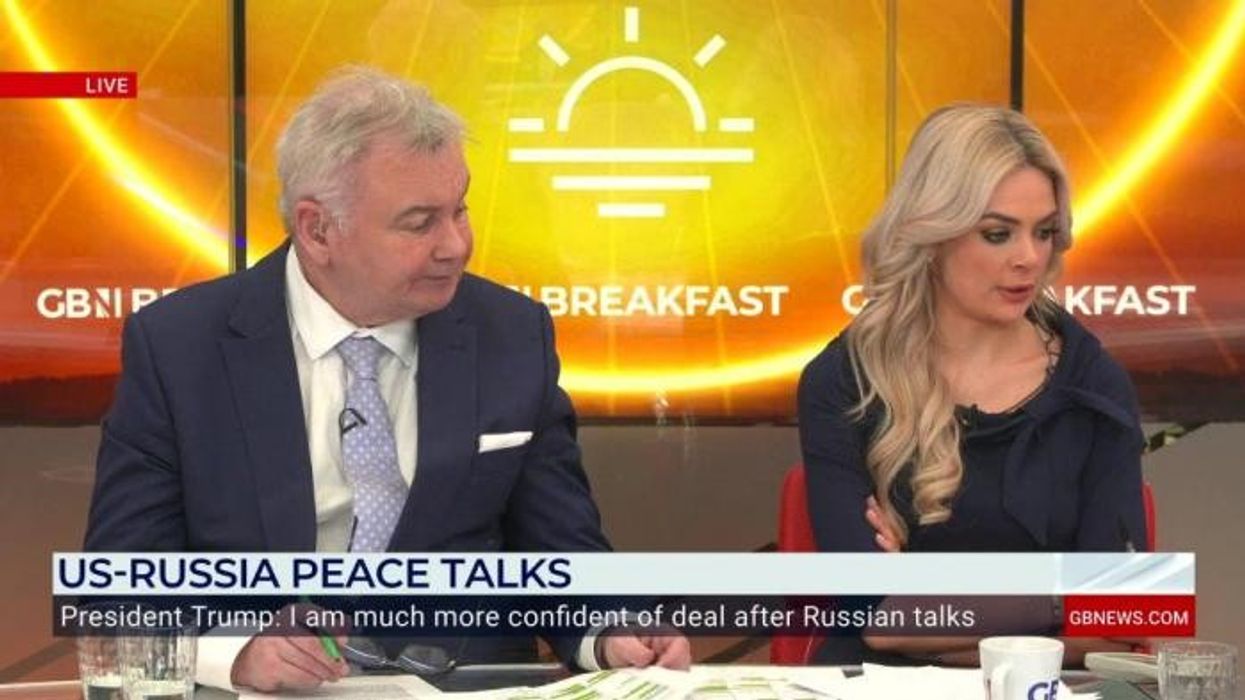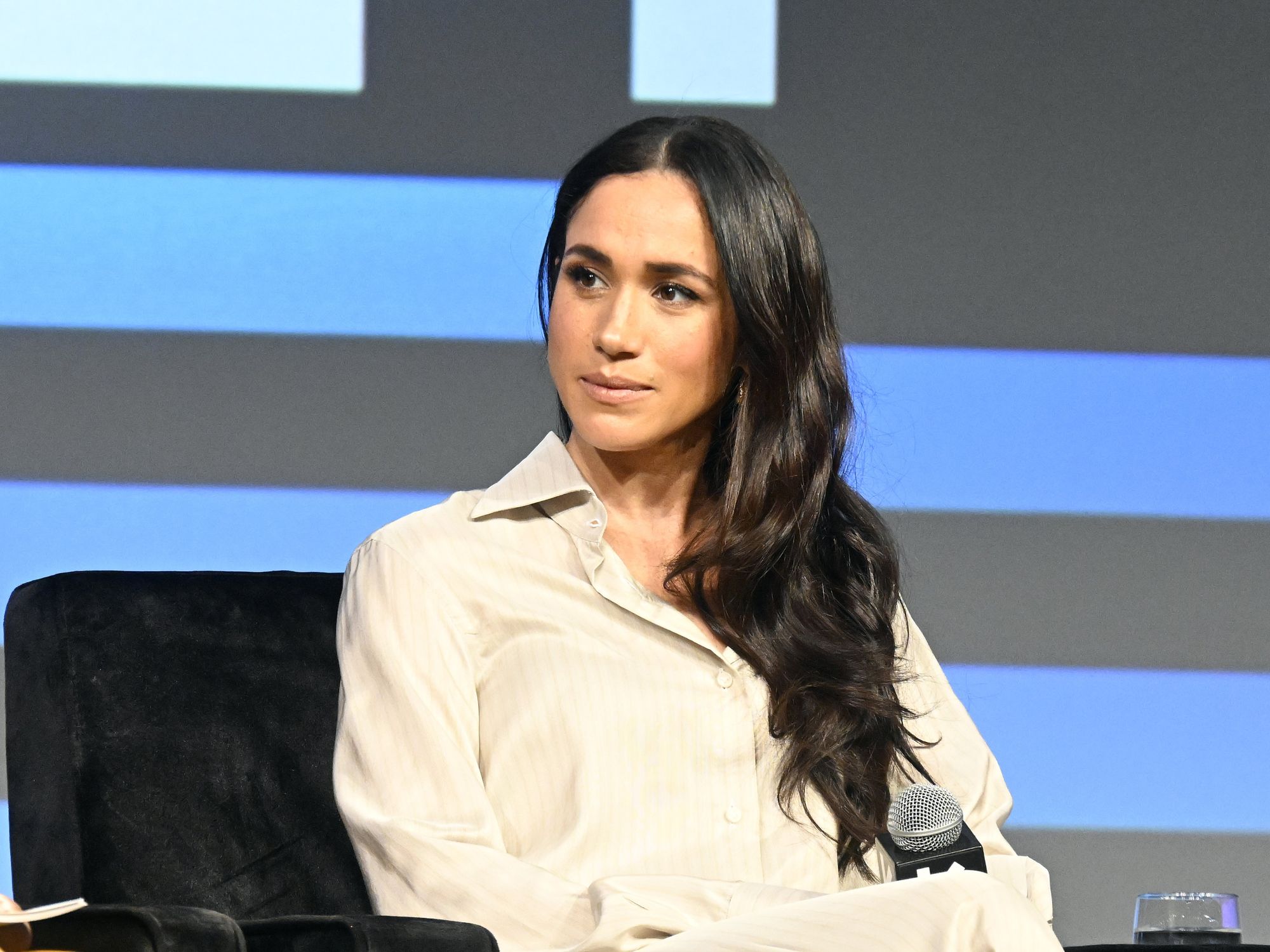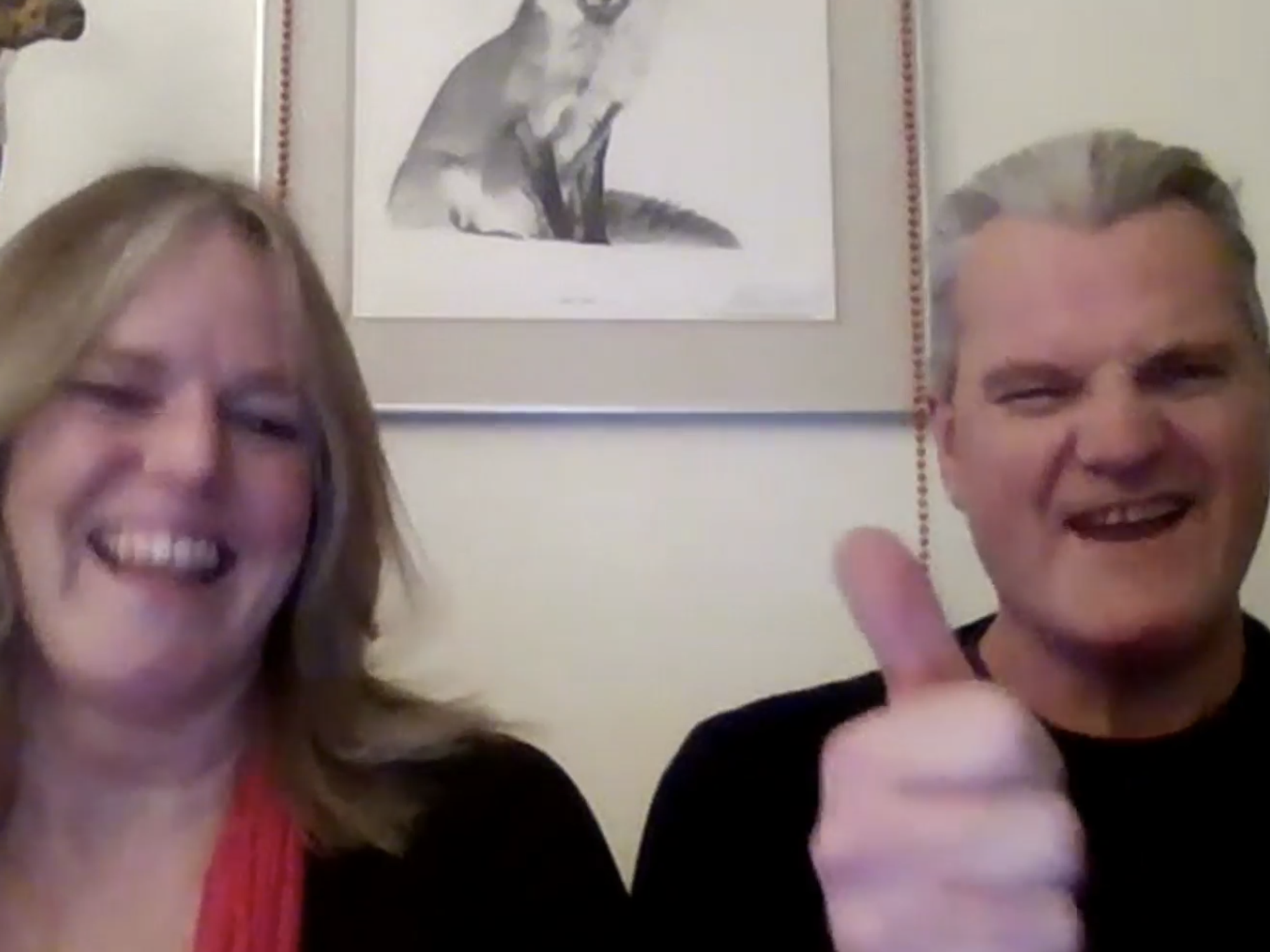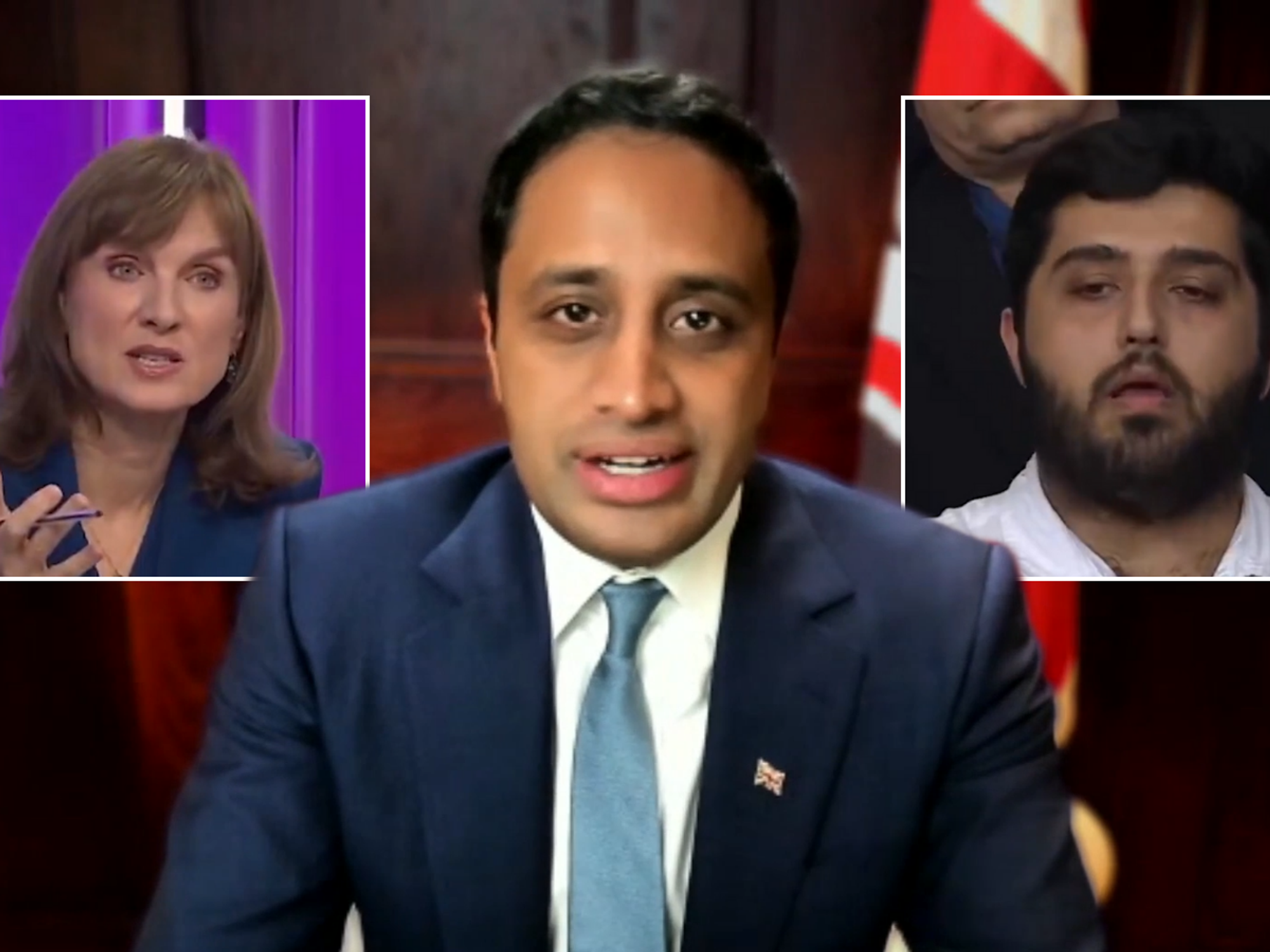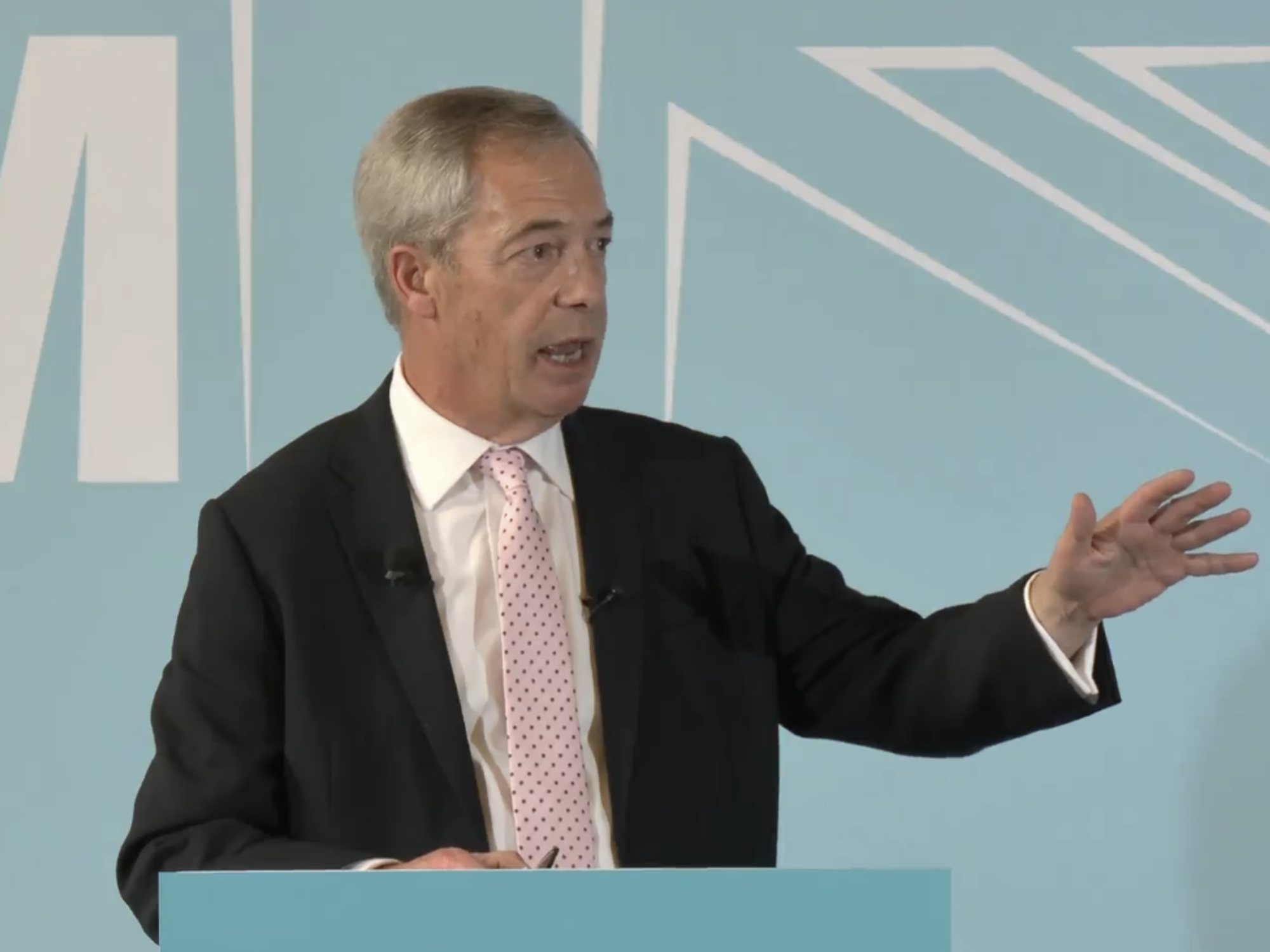UK inflation hits 10-month high of 3% in major blow for Reeves as Labour's private school tax partially to blame for 'weak growth environment'

The rise comes as the Bank of England warned that inflation could hit 3.7 per cent in the third quarter of this year
Don't Miss
Most Read
Latest
Inflation has hit a 10-month high, above the Bank of England’s two per cent target, official figures have shown.
In the 12 months to January 2025, the consumer prices index (CPI) measure of inflation rose from 2.5 per cent to three per cent.
It follows a surprise drop in the CPI rate in December, when the headline figure fell from 2.6 per cent to 2.5 per cent.
Core CPI (excluding energy, food, alcohol and tobacco) rose by 3.7 per cent in the 12 months to January 2025, up from 3.2 per cent in December 2024.
The main driver behind the latest resurgence in inflation was a bounce in airfares, fuel and food costs as well as the increase in private school fees after the Labour government made them subject to VAT
From January 1, many schools passed price increases onto parents after the standard rate of 20 per cent was applied to private school education and boarding fees.
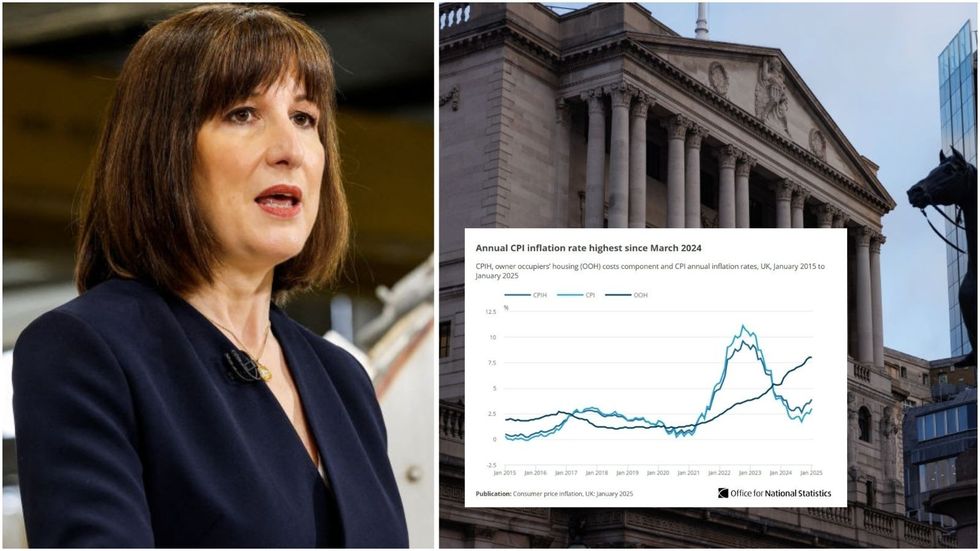
UK inflation hits 10-month high of 3%
|GETTY/ONS
Andrew Bailey, the Governor of the Bank of England, described the UK as being in a "weak growth environment" due to global economic uncertainties.
He acknowledged that inflation had eased more quickly than expected, which allowed the Bank to reduce interest rates for the third time this month.
He explained that the UK's weaker growth could stem from either supply-side issues or a combination of supply-and-demand challenges. However, interest rates are still expected to be reduced several times throughout the rest of 2025.
But experts warn that core inflation may be a cause concern for the Bank of England ahead of its next interest rate decision next month along with the surge in pay growth in the final quarter of 2024.
Alice Haine, personal finance analyst at Bestinvest said: "BoE Governor Andrew Bailey has indicated that the central bank is still on track to cut interest rates again this year despite robust pay growth and an expected ‘short-run hump’ in inflation.
LATEST DEVELOPMENTS:
"But the higher-than-expected figure may complicate their decision as lacklustre economic growth in the second half of last year along with Chancellor Rachel Reeve’s raft of tax hikes for businesses, which exacerbated the dampening effect, has dealt a heavy blow to business and consumer sentiment in recent months.
“The inflation outlook from here is far from rosy. Employers have raised concerns that the hike in National Insurance rates on employee salaries along with the increase in the minimum wage and the reduction in business rates relief from April could prove inflationary as businesses look to pass on rising costs to consumers. "
Many analysts predicted that inflation would rise above three percent later this year, with the Bank of England forecasting it could reach 3.7 percent in the autumn.
Inflation is expected to keep rising over the coming months, moving further away from the two per cent target rate set by the Bank of England and the Government.
Tax hikes and wage increases linked to the Labour Government’s October Budget are expected to contribute to the acceleration in inflation later this year.
Higher inflation “would at the margin complicate [the BoE’s] message, which is to look through this current inflation ‘hump’ as . . . temporary”, said Sandra Horsfield, an economist at Investec.
Joe Nellis is economic adviser at MHA, the accountancy and advisory firm said: "Despite the inflation rate rising sharply to 3%, its highest level since March 2024, this does not mean that the Bank of England is set to halt or reverse its interest rate-cutting stance. This is even as prices are expected to continue to grow across 2025.
"A combination of factors will contribute to an extended period of inflation rises. Some of these — rises in employer National Insurance Contributions and the National Living Wage from April — have been well-documented."
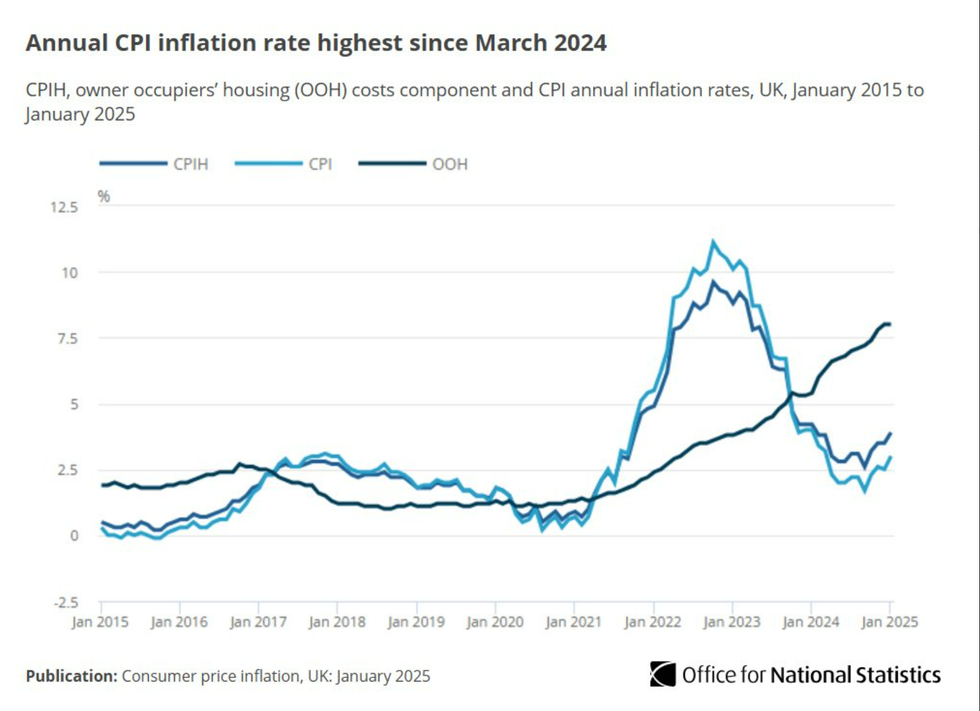
ONS inflation figures
|GETTY/ONS
Nellis explained that household utility bills will also rise significantly in April, with water bills increasing by £123 (26 per cent) and energy bills expected to rise by five per cent, adding £85 to average costs.
He continued: "However, this will not frighten the Bank off its plan to cut interest rates across 2025 because these are regulated price increases.
"In recent years, the Bank has had to adjust interest rates in reaction to global economic dislocation and supply chain disruptions, as well as other sustainable inflationary pressures. The current rise is instead driven by one-off government expenditure and utility bill increases.
"A close watch will be kept on price rises for some months ahead, but the Bank will be content knowing that sustainable inflationary pressures remain cooled, at least for now."
Although inflation could rise to four per cent by the end of Q3, he stressed it’s not a major concern, and further interest rate cuts are anticipated in 2025 due to weak economic growth.


